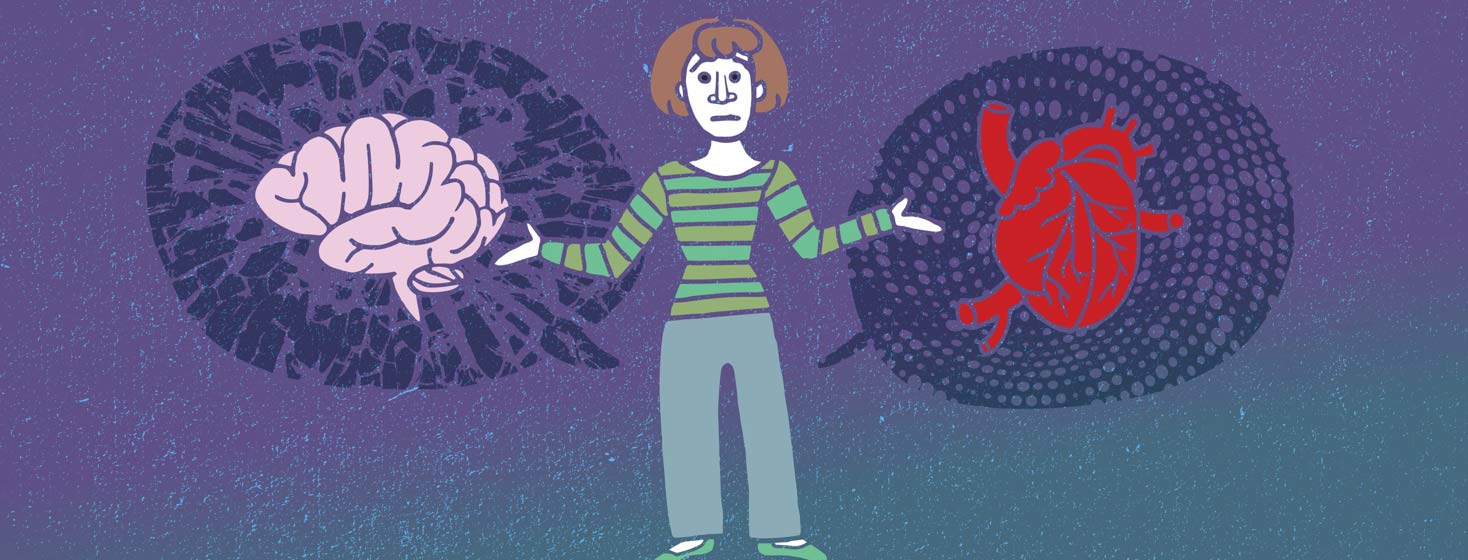Is it a Seizure or Sudden Cardiac Arrest (SCA)?
It is a sound and a vision I hope to never hear or see again. My daughter was 14 when she suffered multiple cardiac arrests during a dance class. They continued in the ambulance and in the emergency room.
Like no other sound
She had a total of 5. Two of them caused a complete heart block (meaning they stopped her heart completely) and required CPR. The second time this happened it took more than 4 minutes of CPR to bring her back. Oddly, none of these events were caused by her heart beating too quickly (tachycardia) which is most often the case, but rather because it was beating too slowly (bradycardia). Bradycardia happens in only around 10-15% of sudden cardiac arrests.1
The sound I heard that night was the sound of her body frantically trying to get the air it needed. That sound and the sight of her muscles stiffening will stay with me until the day I die. The sound of agonal breathing is like no other sound on earth.
Still causes me nightmares
Her cardiac arrests looked more like seizures than they often do. Many people suffering from a cardiac arrest will simply slump to the ground and become unconscious. In the ambulance, the technician told me that my daughter probably had an undiagnosed seizure disorder even though I had told him of her heart condition. Her cardiac arrest even fooled him.
The thought of what could have happened that night still causes me nightmares. The thought of something like this happening to someone else terrifies me.
I fear for the athlete who goes into sudden cardiac arrest on the football field or basketball court but doesn’t simply pass out. Will those around him think that it’s a seizure and that he’s still breathing and not run for the automated external defibrillator (AED)? When it happens in a gym, will the trainer run to call the ambulance but not have someone run for the defibrillator? If they do have the AED, will they be too afraid to use it because they worry that the electric shock could hurt the person and won’t help with a seizure?
Every second counts
Agonal breathing happens approximately 56% of the time with cardiac arrests. Arrhythmia-induced convulsive syncope (what looks like a seizure) differs from a seizure in that where a seizure can last minutes, an episode of seizure-like syncope will last only seconds. And if what you’re seeing is a sudden cardiac arrest, then waiting and wondering isn’t something that there’s time for. 2,3
When someone is having a cardiac arrest, every second counts. Within three minutes there will be a brain injury. By 9 minutes, severe, irreversible brain damage may have happened and there is little chance of survival after 10 minutes.
Anyone who has taken a CPR course knows that an AED will not shock unless it detects a dangerous heartbeat so if the person is having a seizure but their heart is beating normally, the AED will not fire. Seeing someone lose consciousness is not the time to second guess. It’s time to act. Call 911, get an AED, and use it.
Have you ever found yourself in an emergency situation? Share with us in the comments below.

Join the conversation